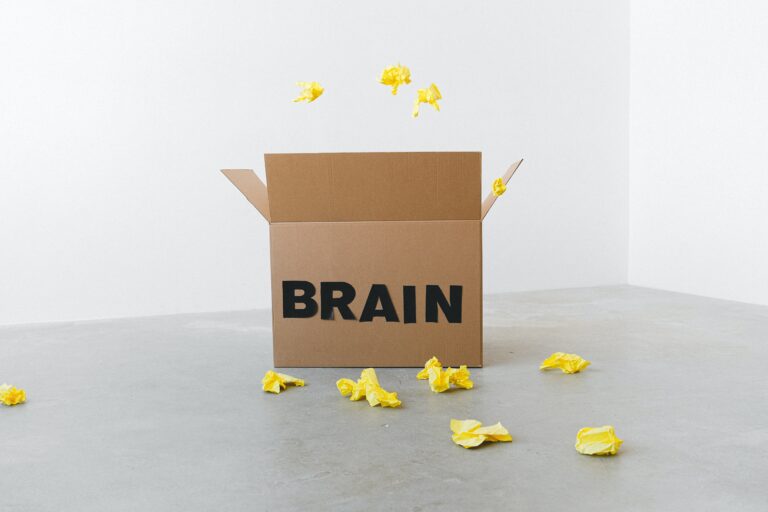Unlocking the secrets of developmental psychology: a guide to understanding human development
The field of psychology is full of fascinating debates and theories, especially when it comes to understanding human development over the course of a lifetime. Developmental psychology is a branch of psychology which focuses on how individuals grow, develop and change over the course of their lifetime. It is a major part of psychology, and involves looking at a variety of factors, from physical, to psychological, to even cultural, that all contribute to the development of a person from conception to old age.
This article will provide an in-depth look at the nature of developmental psychology, its objectives, theoretical foundations, and principles behind understanding this fascinating field.
What is Developmental Psychology?
The American Psychological Association (2020) describes developmental psychology as the research of physical, mental, and behavior changes between conception and old age.

Developmental psychologists study humans as they go through life and grow in physical, cognitive, social, intellectual, perceptual, personality, and emotional areas. They analyze the biological, psychological, and environmental factors among children, adolescents and adults.
Developmental psychology is a broad topic which covers a range of areas, and many developmentally oriented texts and other treatises focus on the theoretical foundations of human development and psychological constructs. By understanding the theoretical foundations of human growth, it is much easier to comprehend the entire subject and make informed decisions about developmental research.
The Nature of Human Development
To further understand developmental psychology, it is important to look at the nature of human development. Human development is made up of different domains which contribute to one’s growth and development. These domains include physical development, cognitive, social, intellectual, perceptual, personality and emotional. Developmental psychologists investigate how people grow and change throughout their lifetime in those domains, but they must take into consideration biological, genetic, neurological, psychosocial, cultural, and environmental factors.
Developmental psychology also looks at the transitions between different life stages. It investigates how people move from infancy to childhood to adolescence and adulthood. It also looks at the effects of aging and changes in different stages of life.

Theoretical Foundations of Developmental Psychology
There are several theoretical foundations which contribute to the field of developmental psychology. These include psychodynamic theories, cognitive theories, and socio-cultural theories.
Psychodynamic theories are based on the principles of Sigmund Freud and explain the development of behavior as stemming from the interactions between internal and external forces. According to this theory, the development of the self is linked to the resolution of inner conflicts caused by unconscious desires and motivations.
Cognitive theories focus on the way people perceive, reason, and learn. This includes processes such as problem-solving, language acquisition, and thought development.
Socio-cultural theories examine how people interact with cultures and societies and how they are influenced by those interactions. It looks at the values, beliefs, and customs of a society, and how those influence development.
Related: Developmental psychologists study humans as they go through life and grow in physical, cognitive,social, intellectual, perceptual, personality, and emotional areas. Discover here Social Psychology.
Exams and Tests in Developmental Psychology
To better understand developmental psychology, there are several exams and tests that specialists use to assess and evaluate growth and development over the lifespan. The Human Growth and Development Exam is designed for a one-semester introductory course in developmental psychology or human development. It covers physical development, cognitive, social, intellectual, perceptual, personality, and emotional growth. There are also examinations in child development and lifespan development.

Conclusion
Developmental psychology is an important field of psychology that focuses on understanding how people develop and change throughout their life. It looks at a variety of domains, from physical, cognitive and emotional growth, to social, and environmental factors. The field is full of fascinating theories and debates, and the examination of these have the power to unlock the secrets of human development and help us make better decisions in research and application.







Te esperan grandes cosas como psicologo André, sigue así!